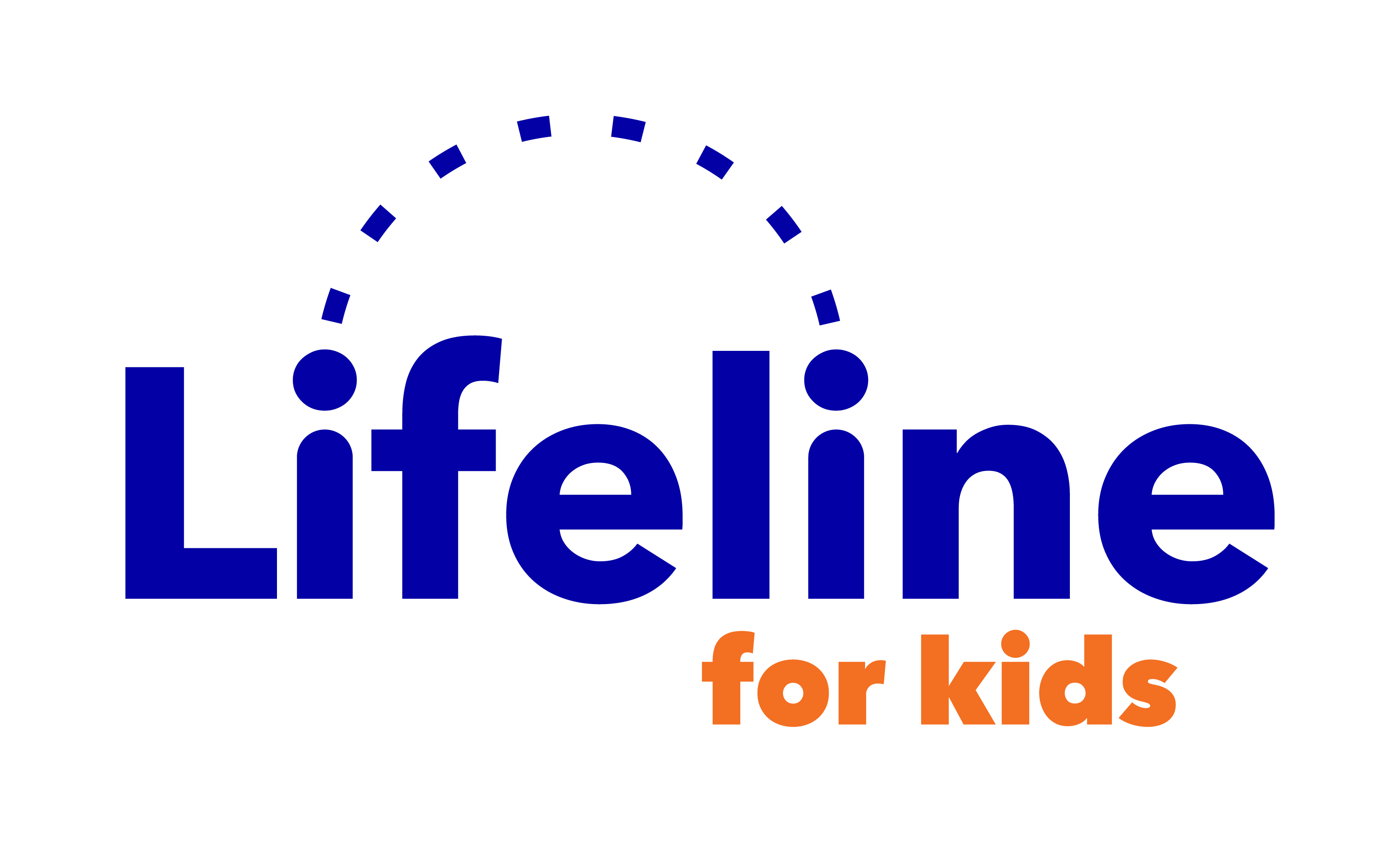Trauma-Informed Care Trainings for Teachers and Schools
We offer online and in-person trauma-informed care trainings for teachers and schools. Our courses help you implement a trauma-informed approach in schools. We invite you to select a topic or customize a course for your needs.
Schedule a Trauma Training for Teachers or a School
For questions, pricing information or to book a training, email LifelineforKids@umassmed.edu.
Training Topics for Trauma-Informed Schools
- Introduction to Understanding Trauma
- Now What Do I Do? Responding to Children Who Have Experienced Trauma
- Burnout and Secondary Trauma
- Trauma and Its Impact on Development
- Topics specific to your setting - for example: Trauma and Social Emotional Learning: Trauma’s Effects on Youth and the Consequences in the Classroom
- Wired for Connection—Loneliness and Trauma
- Customizable training based on setting-specific needs assessment
Introduction to Understanding Trauma
Description: This training provides a general overview about the concept of trauma and its impact on development, with a special emphasis on learning. We start with:
- The definition of trauma
- Types of trauma
- The ACE study, describing the connection between traumatic experiences and several behavioral, cognitive and emotional consequences that professionals see in the school setting
We also focus on the neurobiology of trauma and how adverse experiences can impact the brain and body of the child. We provide examples of how trauma affects the academic performance, behaviors and social interactions among children. Moreover, we discuss the concept of resiliency and importance of attachment.
Now What Do I Do? Responding to Children Who Have Experienced Trauma
Description: This training provides school professionals with practical strategies to manage the behavioral and emotional impact of trauma on children. The training uses the framework of Safety, Connectedness and Regulation. This framework helps illustrate various strategies that school professionals can use to help children regulate their emotions and behaviors in the classroom.
We also discuss strategies for partnering with families and managing challenging behaviors. Examples of strategies include how to:
- Be an emotional container and provide psychological safety
- Recognize and manage triggers
- Use relaxation strategies, routines, reassurance and regulation techniques
Burnout and Secondary Trauma
Description: During the COVID-19 pandemic, school professionals have been exposed to immense stress, unseen behaviors and dysregulation in the classroom. Being involved with the education and care of children who have experienced trauma and their families may take an emotional toll, impacting the professional and personal lives of school professionals.
The goal of this training is to provide information on Secondary Traumatic Stress (STS) and address practical strategies to improve the well-being of professionals working in school settings. The training starts by providing:
- General overview of STS
- Its impact at an individual and organizational level
- Strategies to identify and manage STS
The training provides space for:
- Interactive discussions with participants
- Experiential practice of self-care activities
- Case-based learning through discussions of case vignettes
Trauma and Its Impact on Development
Description: In this training, we provide a general overview of the concept of trauma and specific impacted domains of development. The training illustrates several areas of development, with specific examples on how trauma affects:
- Attachment
- Behavioral control
- Biology
- Cognitions
- Dissociation
- Emotional regulation
- Sense of self
We use examples and case vignettes to describe how trauma looks developmentally. We also provide strategies to deal with trauma reactions.
Trauma and Social Emotional Learning: Trauma’s Effects on Youth and the Consequences in the Classroom
Description: The first half of this training focuses on:
- Identifying different types of trauma/adversities
- Understanding common reactions to trauma
- Exploring short- and long-term consequences of trauma exposure
- Learning about the impact of trauma on brain development
The second half of the training focuses on:
- How exposure to trauma can impact a student’s learning and social, behavioral and emotional capacities in the classroom
- Strategies for structuring classroom assignments and activities to best meet the needs of the traumatized student
Wired for Connection—Loneliness and Trauma
Description: This training illustrates:
- The concept of social isolation
- Social isolation’s dimensions
- Who suffer the most from social isolation, with special emphasis on children during and after the pandemic
The training describes the consequences of loneliness/social isolation in terms of:
- Social relationships
- Unhelpful coping strategies (smoking, physical inactivity, etc.)
- Well-being
During the second part of the training, we describe strategies to address loneliness and trauma in children, including:
- Providing psychological safety
- Mentalizing
- Establishing safe and predictable relationships
The training also introduces ideas on how school professionals can take care of themselves so they can better help the children they work with.
